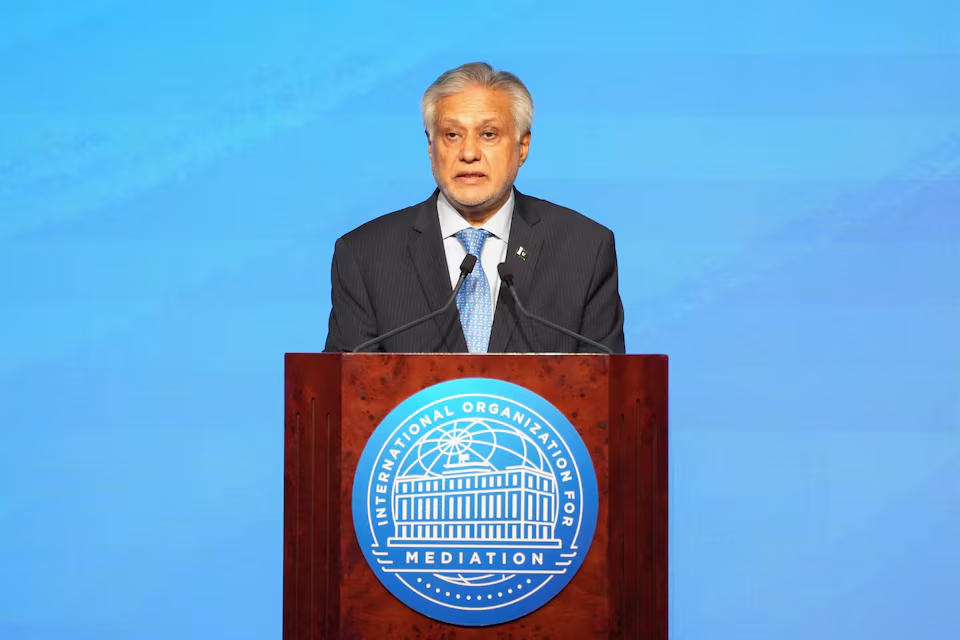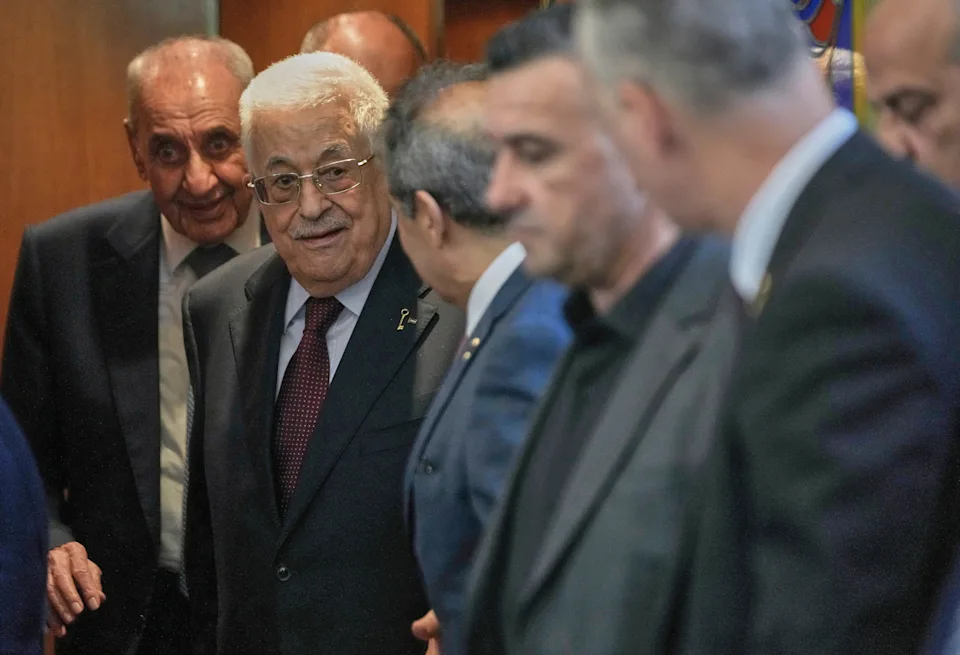Pakistan has announced plans to upgrade its diplomatic relations with Afghanistan in an effort to ease ongoing tensions and improve bilateral ties, according to the country’s Foreign Ministry.
The decision was confirmed on Thursday as Pakistan’s foreign ministry stated it would restore full ambassadorial representation in Kabul, signaling a step forward in attempts to stabilize relations between the two neighbors. Diplomatic ties between the two countries had been strained due to security issues and cross-border militant activity.
“Pakistan has decided to upgrade its diplomatic representation in Afghanistan,” Foreign Ministry spokesperson Mumtaz Zahra Baloch said during a weekly press briefing in Islamabad. “This move is part of our broader strategy to re-engage with Afghanistan and address key bilateral concerns.”
The upgraded diplomatic presence follows a series of talks between officials from both countries and growing international pressure to address regional security concerns, particularly involving the Tehrik-i-Taliban Pakistan (TTP), which Pakistan accuses of operating from Afghan territory.
Afghanistan’s Taliban-led government has repeatedly denied harboring militants targeting Pakistan, though Islamabad maintains that insurgent safe havens exist across the border.
Pakistan’s previous ambassador left Afghanistan in 2021 following the Taliban’s return to power, and since then, relations have been handled at a lower diplomatic level. The decision to restore full ambassadorial ties is seen as a signal of Islamabad’s willingness to engage with the de facto authorities in Kabul despite international reluctance to formally recognize the Taliban regime.
While Pakistan has not officially recognized the Taliban government, the foreign ministry emphasized that the restoration of ambassadorial representation does not equate to full diplomatic recognition.
“This is a functional step intended to strengthen communication and address mutual concerns, especially border security and the safety of Pakistani citizens,” Baloch explained.
The move also comes amid heightened tensions along the Pakistan-Afghanistan border, where clashes and security incidents have occasionally escalated. Both nations share a porous, mountainous frontier known for smuggling, illegal crossings, and militant activity.
Pakistan’s decision was welcomed cautiously by Afghan officials. A Taliban spokesman said the group hopes improved diplomatic engagement would lead to better understanding and collaboration between the two countries.
Analysts say the upgrade in ties could help facilitate dialogue on critical security matters and ease recent friction, but warned that progress would depend on tangible cooperation from both sides.
“Diplomatic presence is a good first step, but the core issues—particularly militant activity and cross-border tensions—require consistent and verifiable action,” said Islamabad-based analyst Imtiaz Gul.
Pakistan has also been working with regional allies and international partners, including China and the Gulf states, to stabilize Afghanistan and prevent the country from becoming a hub for terrorism.
The international community has largely withheld official recognition of the Taliban government, citing concerns about human rights, particularly women’s rights, and inclusive governance. However, some governments have maintained functional relations through embassies and aid programs.
Pakistan’s decision to reestablish full diplomatic representation is expected to facilitate better coordination on humanitarian assistance, border management, and trade—a vital concern given that both countries rely heavily on cross-border commerce.
As both sides move to normalize ties, observers are watching closely to see if the new diplomatic push can lead to substantive progress on security cooperation and regional stability.
Source; Reuters



